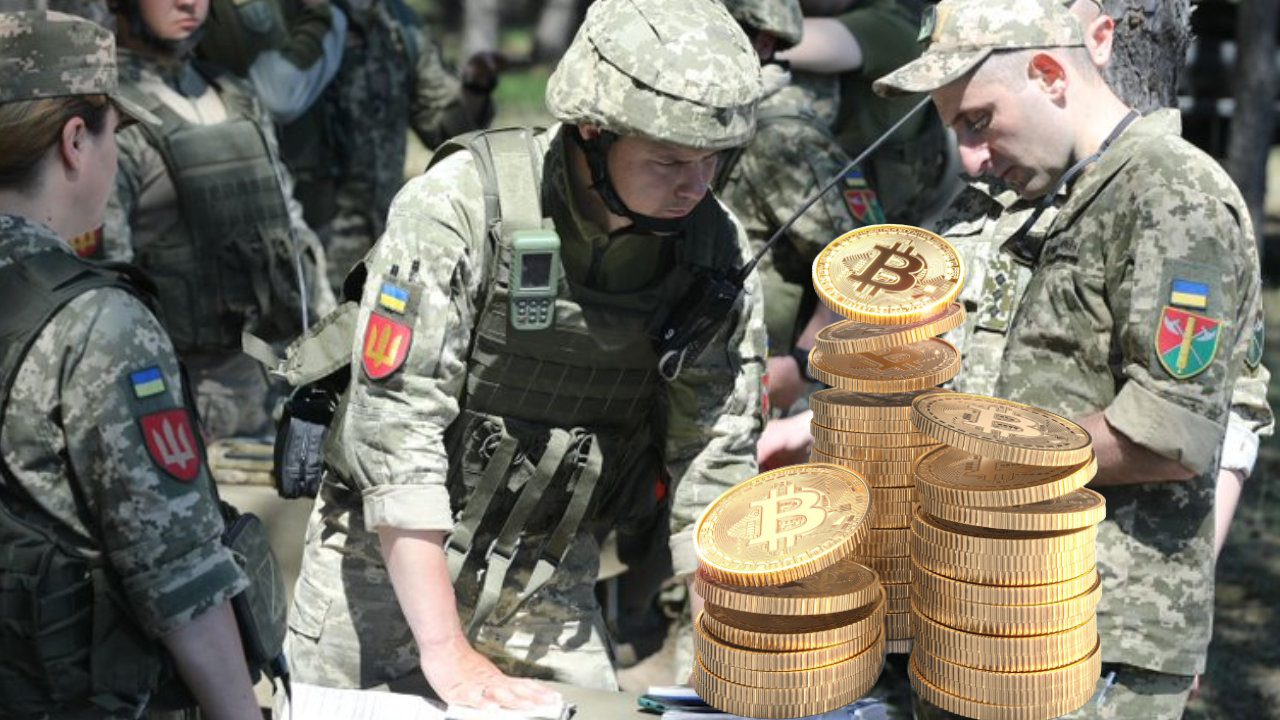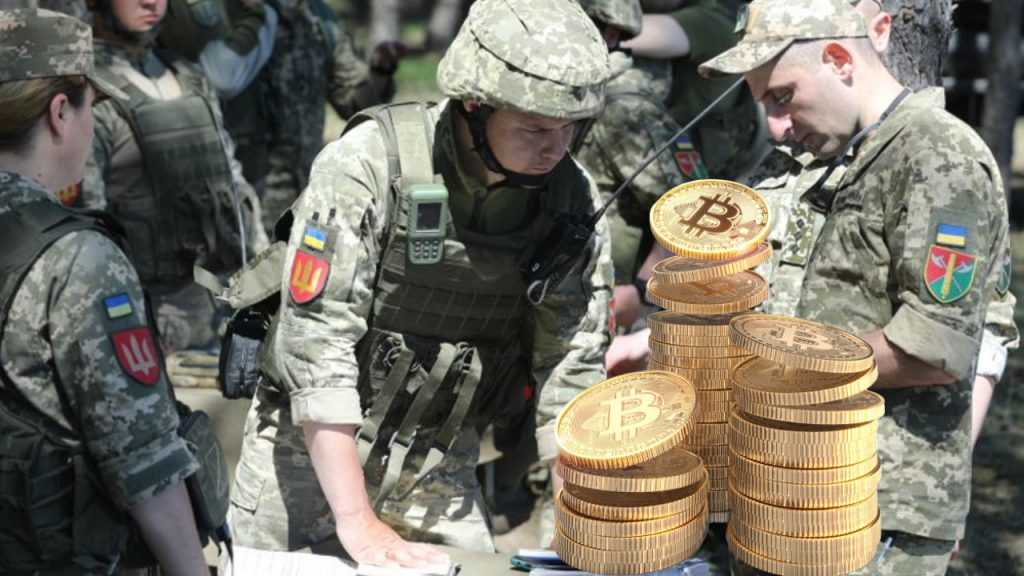
Cryptocurrency donations have poured into a nonprofit organization that provides support to Ukrainian soldiers after Russia launched a large-scale attack on Ukraine. More than $5 million in bitcoin has already been raised. Meanwhile, the group’s fundraising page on Patreon has been abruptly removed.
Crypto Donations Soar After Russia Invaded Ukraine
One of the largest non-governmental organizations (NGOs) providing support to Ukraine’s military, Come Back Alive, has received over $5 million in bitcoin donations after Russia launched a large-scale offensive against Ukraine.
Founded in 2014, the Kyiv-based group provides support to Ukrainian soldiers, including a range of military equipment, training services, and medical supplies.
Donations to the BTC address listed on the organization’s website soared Thursday after Russia launched a full-scale military attack on Ukraine. At the time of writing, the wallet address has received 131.78144015 BTC.
An analysis of all the donations to the address shows that 2,207 donations totaling 126.04304091 BTC were received from Feb. 24 to late Feb. 25. At the current bitcoin price of $39,676.51 based on data from Bitcoin.com Markets, the donations received since Feb. 24 are worth more than $5 million.
In comparison, the wallet only received 1.60976481 BTC (76 donations) on Feb. 23, and 0.42272864 BTC (25 donations) on Feb. 22.
The chief scientist and co-founder of blockchain analytics platform Elliptic, Tom Robinson, tweeted Thursday:
Cryptocurrency donations in support of the Ukrainian armed forces are soaring.
“Cryptocurrency is increasingly being used to crowdfund war, with the tacit approval of governments,” he was quoted by CNBC as saying.
Elliptic also did an analysis on the donations received by Come Back Alive. The firm described that on Feb. 24, the NGO received over $675,000 in bitcoin, and by 9:30 a.m. on Feb. 25, it had already received more than $3.4 million. Noting that over $3 million (80 BTC) was sent by a single donor, the firm wrote: “This pushes the total the group has raised in just 24 hours to over $4 million.”
The Come Back Alive organization began accepting bitcoin donations in 2018. BTC donations have been surging recently, with nearly $200K received in the second half of 2021, according to Elliptic. Earlier this month, the platform published a report showing that donations in digital assets to Ukrainian NGOs and volunteer groups rose 900% last year.
Patreon Removes Come Back Alive’s Fundraising Page
Meanwhile, Come Back Alive’s fundraising page on Patreon has been removed by the platform.
Come Back Alive Director Taras Chmut told CNBC in an interview that the group was receiving small amounts for several months from its page on Patreon, and then over $300,000 rolled in after Russia started invading Ukraine.
However, when he tried to transfer the money out to pay for equipment, he discovered that his organization’s page on Patreon had been removed. He contacted the platform which said it was looking into the case.
A Patreon spokesperson told CNBC:
Patreon does not allow any campaigns involved in violence or purchasing of military equipment, regardless of their cause.
Chmut opined, “We have people dying because they don’t have body armor,” adding that Ukraine is not a rich country, and Come Back Alive has helped soldiers receive the equipment they need.
What do you think about bitcoin donations soaring to help the Ukrainian military fight Russia? Let us know in the comments section below.
Image Credits: Shutterstock, Pixabay, Wiki Commons
Disclaimer: This article is for informational purposes only. It is not a direct offer or solicitation of an offer to buy or sell, or a recommendation or endorsement of any products, services, or companies. Bitcoin.com does not provide investment, tax, legal, or accounting advice. Neither the company nor the author is responsible, directly or indirectly, for any damage or loss caused or alleged to be caused by or in connection with the use of or reliance on any content, goods or services mentioned in this article.
Read disclaimer


